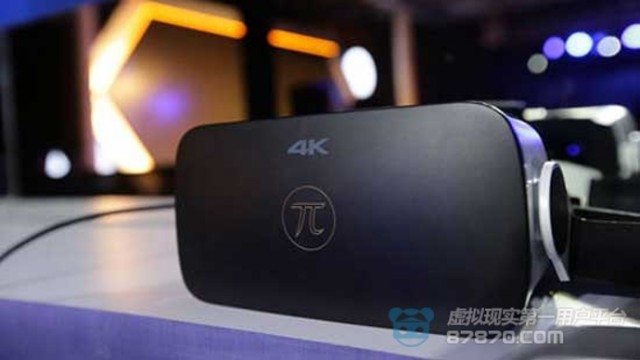Hardware deals decreased to 30 per cent by August 2016, and more capital was put into content

Chinese investors are now increasingly seeking quality virtual reality content rather than hardware.
In China, virtual reality hardware investment accounted for 78 per cent of total VR investment made in 2015 and 2016. However, the hardware deals decreased to 30 per cent by August 2016, and more capital was put into content, found 87870, a VR content platform based in Beijing.
“VR hardware investment is overheated,” says Junhan Ahn, COO of 87870. “Investors are moving fast towards VR content investment. In China, there are about 3000 offline VR arcades, and they need more quality content.”
Total VR investment in 2015 and 2016 reached 4 billion RMB (US$593 million). Investment in 2016 Q1 reached its peak,up 20 per cent from the previous quarter.
Also Read: Virtual reality arcades are booming in Shanghai
“Just as the lack of GooglePlay in China brought in so many Chinese companies wanting to provide an Android market, there will be many VR platforms vying to dominate VR content,” he says. “Most investment is made in hardware and content, but there are opportunities for other sectors such as software, industry applications and platforms,” Ahn says.
There have been a handful of VR headset providers in China, such as HTCVive, Deepoon, 3Glasses and Baofeng, and Ahn believes that VR hardware companies will try hard to cut down their manufacturing costs to make their VR headsets more affordable.
“Currently VR headsets are not a must-have, but rather a good-to-have. So it’s likely that big companies with abundant capital will provide high-quality VR headsets and soon dominate the market. Small-size hardware companies in China have limited chances of winning over big hardware companies,” says Ahn.
Also Read: Want to watch your favourite shows in virtual reality? You may be able to, someday
87870 is a VR platform that creates, distributes and provides continued service for VR content for both game and video. Backed by an affluent parent company, 87870 provides salons and after-parties in global game shows, such as ChinaJoy, E3 and G-Star, to provide an offline network to bring in top VR players from around the world. At ChinaJoy conference held in this June, 87870 after-party featured global VR players like Japan-based Gumi, Silicon Valley-based Immersv, Sidekick, India-based Semblance and Finland-based Reforged Studios.
“VR needs a lot of collaboration and co-work with other industries, so we are trying to find opportunities in other industries,” says Ahn.
Under ‘VR Plus’ plan, the VR media company looks to collaborate with companies in the traditional market. The ones who can take advantage of VR are ones in traditional industries such as entertainment, education, driving, travel, real estate, and fashion. Currently, 87870 is creating a joint venture with the biggest furniture company in China.
—
The article China’s virtual reality investment is moving its focus from hardware to content first appeared on TechNode.
Image Credit: 87870
The post China’s virtual reality investment is moving its focus from hardware to content appeared first on e27.